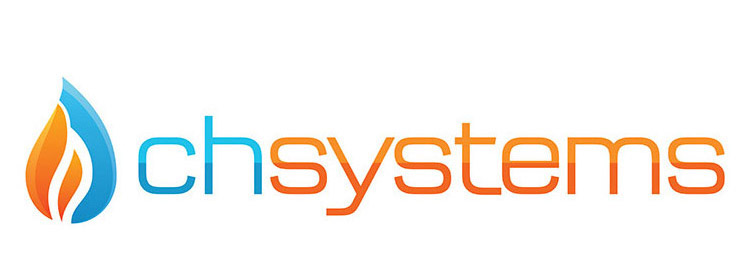Keep the air cool and cost-effective in your business this summer
One might assume that because winter’s over and the heating is finally off, that energy costs will take a dip but this is not necessarily the case! There’s nothing more uncomfortable than working in a scorching hot office, which is why businesses tend to crank the air conditioning with little hesitation – and cold air costs! But there are ways to help your business save money this summer:
- Service and repair (if necessary) your current air conditioning system, to keep it running smoothly and efficiently; preventing inconvenient costs from cropping up throughout the summer months.
- Keep the cool air in by insulating your business premises, and if using air conditioning remember to keep windows and doors shut to keep the cool air from flowing out.
- According to the Energy Department, you can save as much as 10 per cent a year on heating and cooling by simply turning your thermostat back 3°-4°C for 8 hours a day from its normal setting.
- The days are longer, which presents the perfect opportunity for businesses to take advantage of natural lighting. Fluorescent bulbs use around 75 per cent less energy than the standard light bulbs but apart from that, why not figure out where the sun will be and when, and rearrange the layout of your business space accordingly? Move desks around so that they are not in direct line with the main window when the sun is beaming in throughout the afternoon. This way you can keep your blinds open and your lights off.
- Using a fan can help increase the efficiency of an air conditioning system.
- If you’re not using an air conditioner, open windows and doors to ventilate the office and relax business dress to keep staff cool and happy at work.
- Turn off anything that creates heat when not in use, such as printers and monitors.
For more excellent tips on how to cut down on energy costs this summer, read “Summer energy tips: How to cut down on costs” on Britishgas.co.uk.
If you’d like further information, feel free to contact the CH Systems team on 0208 302 8149 or info@chsystems.cc.


